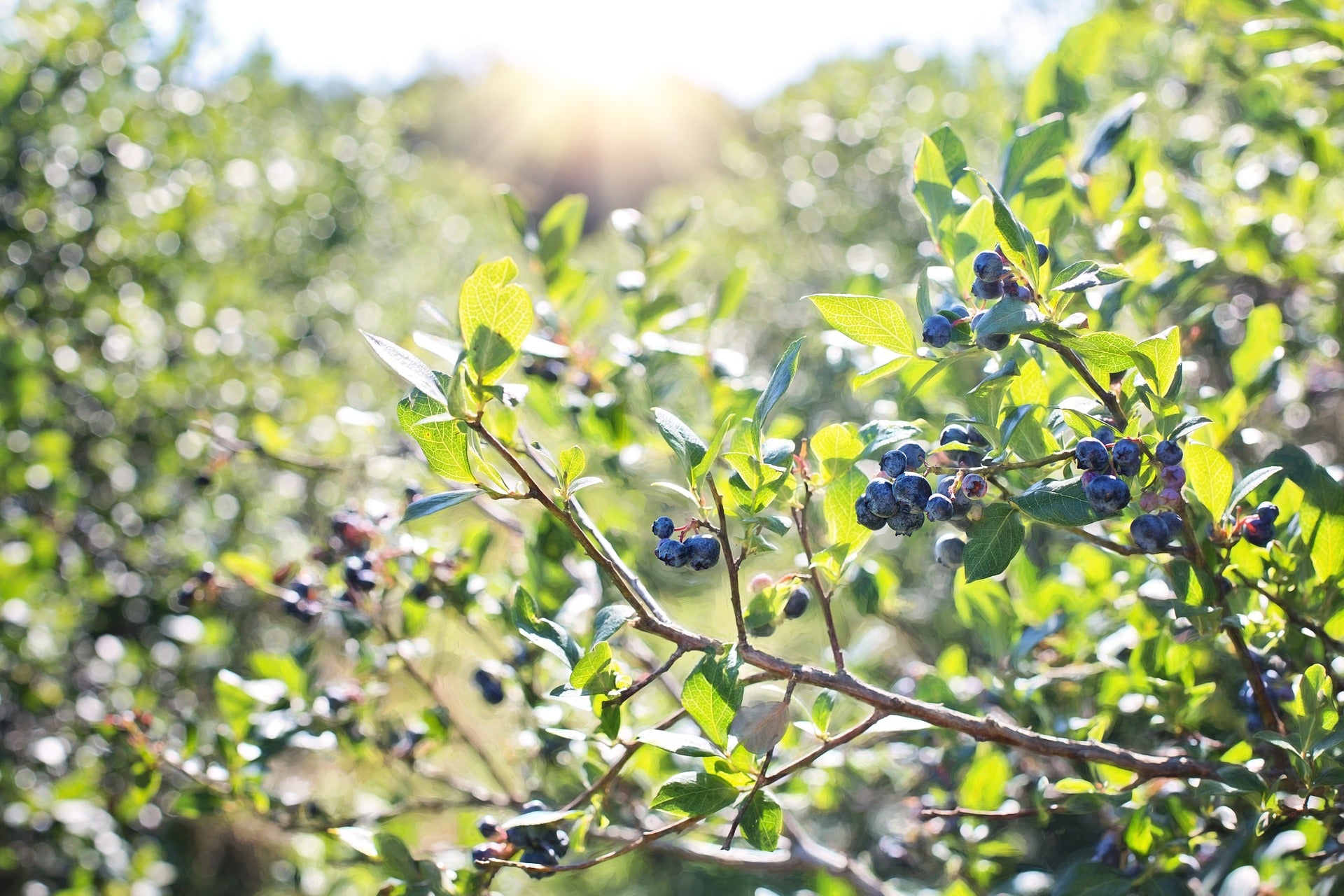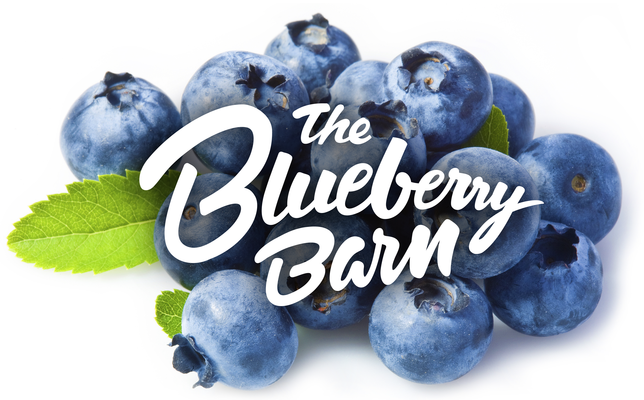Are Blueberries Good for You?
Posted by Ann Wildes at
Blueberries are an incredible source of Vitamin C and antioxidants… and they taste great! Discover 11 nutrition facts about blueberries and why you need to grab a handful today.

It’s a bird, it’s a plane, it’s a blueberry!
While blueberries may not leap tall buildings in a single bound, they are still considered one of the world’s greatest superfoods. ‘Superfood’ is a title that doesn’t get thrown around without a resume of well-earned credentials to back it up.
To qualify as a superfood, the food has to be nutritionally dense with antioxidants (they ward off cancer!), healthy fats, fiber, and help prevent diabetes, digestive disorders, and heart disease.
Blueberries are one such superfood. And they sit alongside other heroes of nutrition such as salmon, kale, nuts, and sweet potatoes.

11 Reasons Why Blueberries are Good for You
- Blueberries have only 80 calories per cup (140 grams) and 0 fat.
- Fresh or frozen, blueberries have 4 grams of fiber per cup and are loaded with Vitamin K. Your body needs Vitamin K for blood clotting and helping wounds heal.
- One cup of blueberries gives you 25% of your daily requirement of Vitamin C! Take that, cold and flu season!
- They’re an incredible source of antioxidants. These fight free radicals and help prevent certain cancers, heart conditions, and aging. Blueberries have the highest capacity of antioxidants of all popular fruits and vegetables.
- The powerful antioxidants in blueberries reduce bad cholesterol (LDL).
- Like cranberries, blueberries contain proanthocyanidins, known to help prevent urinary tract infections (UTIs) by preventing certain bacteria from sticking to the wall of your bladder. And they are so much sweeter to eat.
- The manganese in blueberries improves bone development and helps metabolize protein, carbs, and fat. Great for your diet!
- The carbohydrates in blueberries are from natural sugars and fiber – no man-made anything.
- Fresh, frozen, or even juiced blueberries can reduce DNA damage and help skin look younger.
- They don’t lose their superfood powers or delicious taste when you freeze them.
- Blueberries are one of the most versatile superfoods available. Maybe I’m partial because we have a blueberry farm… but blueberries are just about perfect on and in anything. From salsa to bbq sauce, the sweet and tart flavor of South Georgia blueberries can’t be beat.
Where do Blueberries Come From Originally?

Long before the Europeans arrived in the New World, the native tribes of North America gathered a variety of wild sapphire-colored berries as a food staple. They called these fruits "star berries", because of the star-shaped calyx on the top of each berry. Today, we call them Blueberries.
These blueberries grew in the forests and meadows cleared by burns and other places where acid soils were present. The Native Americans ate the berries fresh, stewed and dried, and even mixed them with meat and other foods. Bears and other small animals also relied on blueberries and depending on their high levels of antioxidants and delicious taste.
In 1661, Samuel De Champlain found a tribe near Lake Huron gathering blueberries to store for the winter. "After drying the berries in the sun," Champlain wrote, "they beat them into a powder and added this powder to parched meal to make a dish called Sautauthig."
Lewis and Clark on their journey into the far NorthWest Territory found Native Americans smoke-drying blueberries to use in soups, stews and meat dishes. One of the first meals that the explorers ate with the local people was venison cured with blueberries and then smoke-dried.
In ancient times, just like now, blueberries were prized for their medicinal properties. In 1703, a Scotch medical book reported "Fluxes are cured now and then by taking a spoonful of the syrup of blaeberries (the early American name of blueberries). Even in Russia, stomach aches were cured by prescribing ‘Chernika’ – a mix of dried blueberries. These powerful little berries are still able to help with digestive issues.
When European colonists arrived, they took to the new fruit immediately and started baking pies, cobblers, making preserves, syrups and wonderfully unique desserts such as blueberry "slump" or "grunt", a kind of boiled cobbler, and blueberry "buckle" similar to a crisp.
Today, the world loves blueberries for their delicious flavor and ease of preparation. All you need to do is wash and enjoy! There’s no peeling or pitting needed, and they’re best right off of the bush.
Blueberries are low in calories and packed with nutrition. Half a cup of blueberries contains only 42 calories and they rank first in Vitamin A and second in food energy of all berries.
They also contain healthy amounts of Vitamin C, iron and some trace minerals. They’re delicious fresh, frozen, or dried like the first Americans preferred them. While all blueberries are good for you, the ones we grow right here in Alma, Georgia, are the best. Packed with flavor, they’re perfect in everything from pies and cakes to ice cream, cookies, salads, and pork.
The possibilities are endless.
Share this post
- Tags: blueberries, fresh, Georgia blueberries, nutrition
